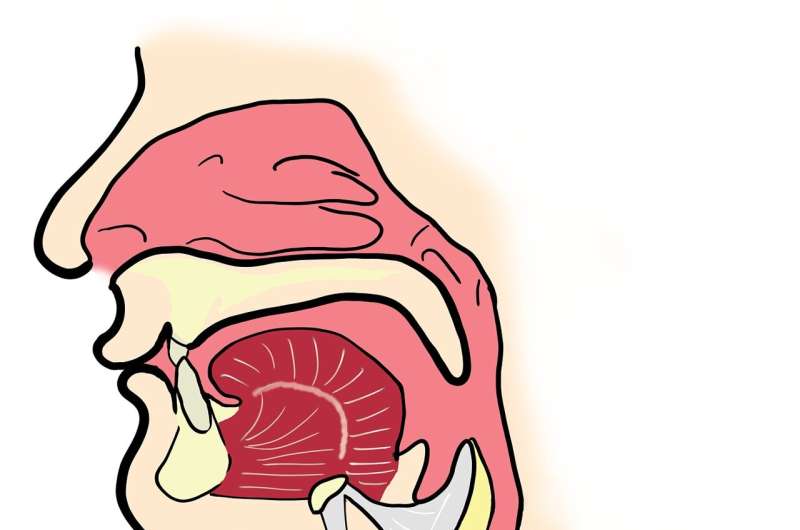Innovative AI-Based Voice Analysis Promises Early Detection of Throat Cancers

A new AI-powered voice analysis tool developed by Emory University offers a promising method for early detection of throat and laryngeal cancers, potentially saving lives through timely intervention.
A pioneering research initiative has developed an artificial intelligence (AI) tool capable of diagnosing throat cancers by analyzing the human voice. Led by Anthony Law, an assistant professor of otolaryngology at Emory University and the Winship Cancer Institute, this technology leverages deep neural networks to detect voice changes indicative of laryngeal cancer with remarkable accuracy. The concept stems from Law’s observation that humans possess an innate ability to sense when something is wrong with a voice, an intuition that inspired him to quantify these cues with AI.
Law’s expertise in biophysics and medicine, combined with his collaborations with tech companies like Microsoft, enabled the creation of a robust database containing over 15,000 voice recordings. This data trained the AI model, achieving approximately 93% success in identifying individuals with laryngeal abnormalities suggestive of cancer. The system is designed to assist primary care physicians, who often lack the specialized training to detect early signs like dysphonia—the alteration of voice quality—that can signal early or advanced stages of throat cancer.
Early detection of laryngeal cancer is crucial because treatments are more effective when the disease is caught before it progresses. However, subtle voice changes are frequently overlooked or mistaken for benign issues. Law’s AI model helps bridge this gap by providing an accessible, quick screening tool that can be used during routine visits. An accompanying mobile app enables clinicians to gather patient voice samples effortlessly within minutes, making it feasible to incorporate voice analysis into everyday clinical workflows.
The app guides patients through a series of voice prompts and collects data to evaluate voice quality. The goal is to conduct randomized clinical trials within the next several months to assess whether early screening using this technology can lead to earlier diagnoses, smaller tumors, and ultimately better survival rates.
Law emphasizes that if successful, this approach could democratize expert-level diagnostics, making advanced voice analysis accessible beyond specialized centers. His vision includes expanding the technology to detect other health issues, harnessing machine learning’s potential to transform medical screening and diagnosis.
This innovative AI tool represents a significant advance in non-invasive cancer detection, offering hope for improved outcomes through earlier intervention. source: https://medicalxpress.com/news/2025-06-ai-tool-throat-cancers-human.html
Stay Updated with Mia's Feed
Get the latest health & wellness insights delivered straight to your inbox.
Related Articles
Understanding Developmental Changes in Neurotransmitter Receptors in the Fly Brain
New research reveals how neurotransmitter receptors in the fruit fly brain change during development, offering insights into synapse formation, regulation, and neural adaptability.
U.S. Measles Cases Slightly Increase to 1,046 as Indiana Outbreak Ends
The U.S. measles case count has risen slightly to 1,046, with ongoing outbreaks in Texas, New Mexico, and other states. Public health efforts continue to focus on vaccination and outbreak control.
New Genetic and Hormonal Research Reveals 22 Additional Variants Linked to Type 2 Diabetes
A groundbreaking study uncovers 22 new genetic variants linked to type 2 diabetes by examining hormone levels, offering fresh insights into genetic risk factors and disease mechanisms. Read more about the impact of hormonal interactions on diabetes susceptibility.



